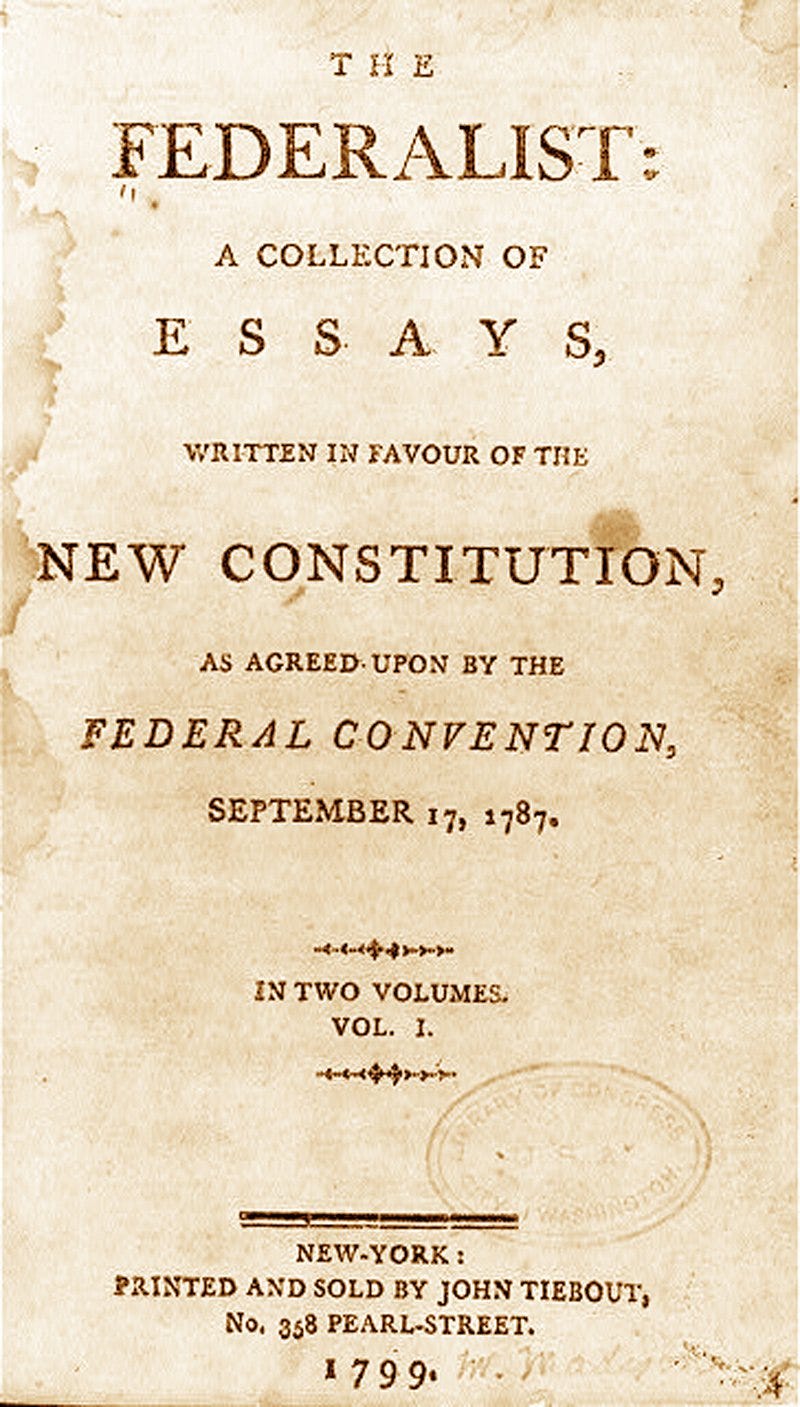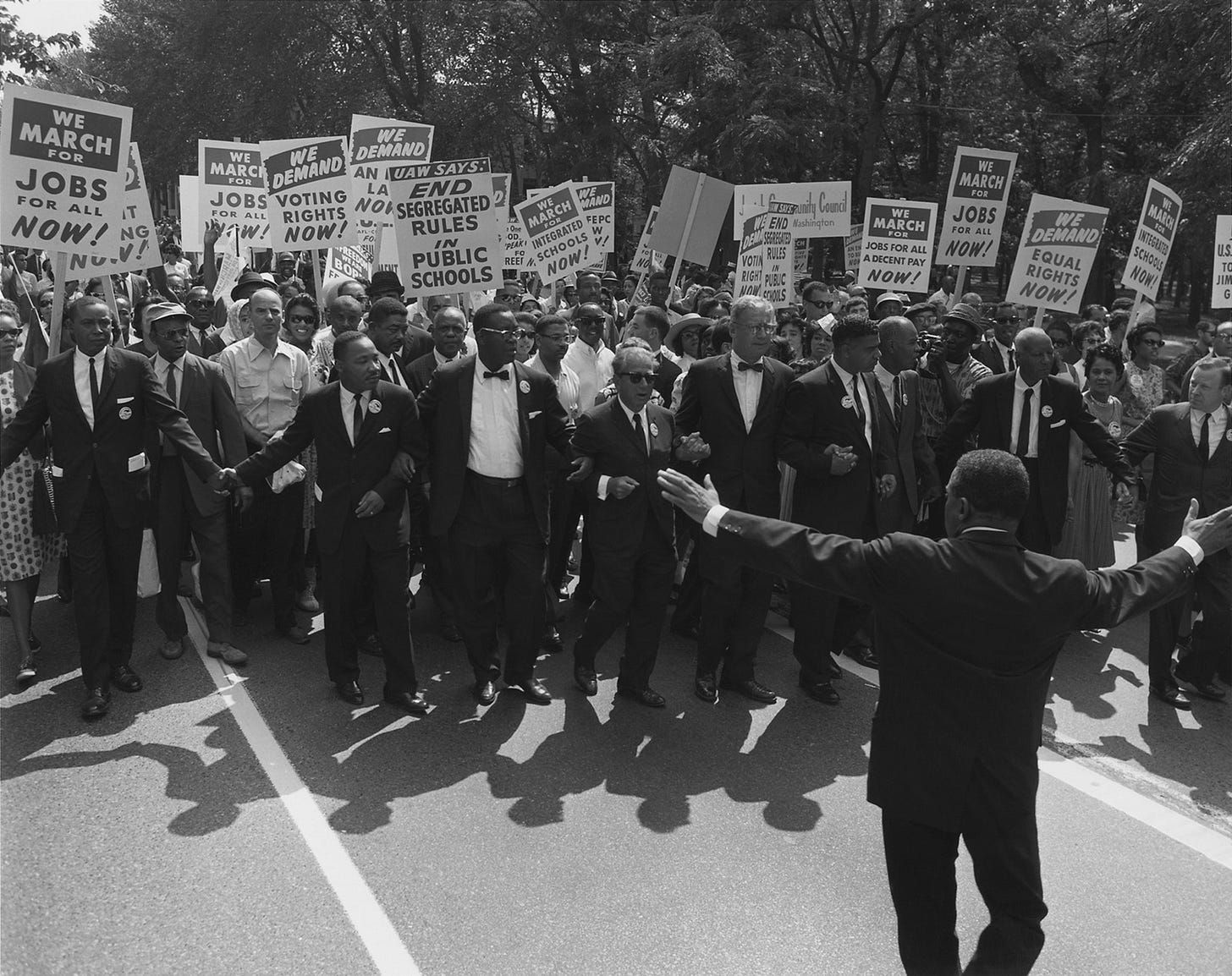The choices we face at this moment in our country’s history might seem hard; but they’re not complex.
In recent years — and especially in recent months — there have been moments that made me wonder what motivates my friends, neighbors, and loved ones.
When I see people thrown to the ground and assaulted by men in masks who are supposedly officers of the law, it’s alarming. What’s worse is watching people I know cheer it on.
When I hear of individuals detained and deported without due process, it should set off a five-alarm fire for our Constitutional republic. Yet many folks I’ve known for years — people who understand the Bill of Rights — shrug it off or justify it. Some even celebrate it as retribution against their supposed enemies.
On January 6th, 2021, I watched with mourning and disgust as fellow citizens violently tried to disrupt the peaceful transfer of power. Too many I know have minimized it ever since:
With what-aboutism (“What about the rioters of summer 2020?”),
With justification (“This is what you get!” — the logic of an abuser),
Or with conspiracy theories (“false flag,” “ANTIFA,” “hundreds of FBI agents”).
And now a new macabre pastime is emerging: keeping score after every assassination, outbreak of violence, or national tragedy. Each side rushes to assign teams of pure good and pure evil, lobbing rhetorical artillery as if this were some gruesome game.
At this moment, I just want to say: STOP. Just. Stop. Let’s back away from the crack pipe of fear, anger, and hatred, and take stock of what’s true and what’s important.
Right now, what is most pressing is that we:
Reject and condemn political violence (and all violence), no matter which “side” the victim is on.
Defend the Constitutional order, no matter which “side” might benefit from breaking it.
That’s pretty much it. The question is whether we can put our principles above our partisanship. It’s a question we’ll face again tomorrow, and the day after, and the day after that.
And this isn’t new. Before we even had a Constitution, our founders were grappling with these same problems:
“So strong is this propensity of mankind to fall into mutual animosities, that where no substantial occasion presents itself, the most frivolous and fanciful distinctions have been sufficient to kindle their unfriendly passions and excite their most violent conflicts.”
— James Madison, Federalist 10
Clearly, Madison’s concerns are not moot.
If you complained about Trump’s 34 convictions in the Stormy Daniels case but cheered the indictment of James Comey, let’s face it: you’re putting partisanship over principle.
If you’ve praised Charlie Kirk for his defense of free speech but delighted in Jimmy Kimmel being canceled, be honest: you’re putting partisanship over principle.
And if you cried foul when Texas rammed through mid-decade redistricting but supported Gavin Newsom’s effort to gerrymander California, then, candidly: you’re putting partisanship over principle.
So let’s be blunt: If we can’t hold to principle when it costs us something politically, then principle doesn’t mean a thing. It’s just branding. The strength of our republic has never depended on whether Democrats win or Republicans win. It has always depended on whether we, the people, are willing to choose integrity over expediency.
And I’ll be honest: I haven’t always passed that test myself. There are times when I’ve justified what I knew was wrong because it scored points against those I disagreed with. But each time I did, I chipped away at the very foundation I claim to stand on.
We have wisdom that helps point the way forward — if only we’ll listen to our prophets.
“A man must consider what a blindman’s-buff is this game of conformity. If I know your sect I anticipate your argument. Do not I know beforehand that not possibly can he say a new and spontaneous word?”
— Ralph Waldo Emerson, Self-Reliance (1841)
“Cowardice asks the question, ‘Is it safe?’ Expediency asks the question, ‘Is it politic?’ Vanity asks the question, ‘Is it popular?’ But conscience asks the question, ‘Is it right?’ There comes a time when one must take a position that is neither safe, nor politic, nor popular — but one must take it because it is right.”
— Martin Luther King Jr., Sermon at Ebenezer Baptist Church (1965)
That’s the real choice before us. Not necessarily which party wins. But whether we’ll put principle over partisanship — even when it costs us, even when it stings. Every time we choose rightly, we help repair the fabric of this fragile experiment. Every time we choose wrongly, we tear it further apart.
So here’s the question: Do we love our country enough to lose an argument for it?


